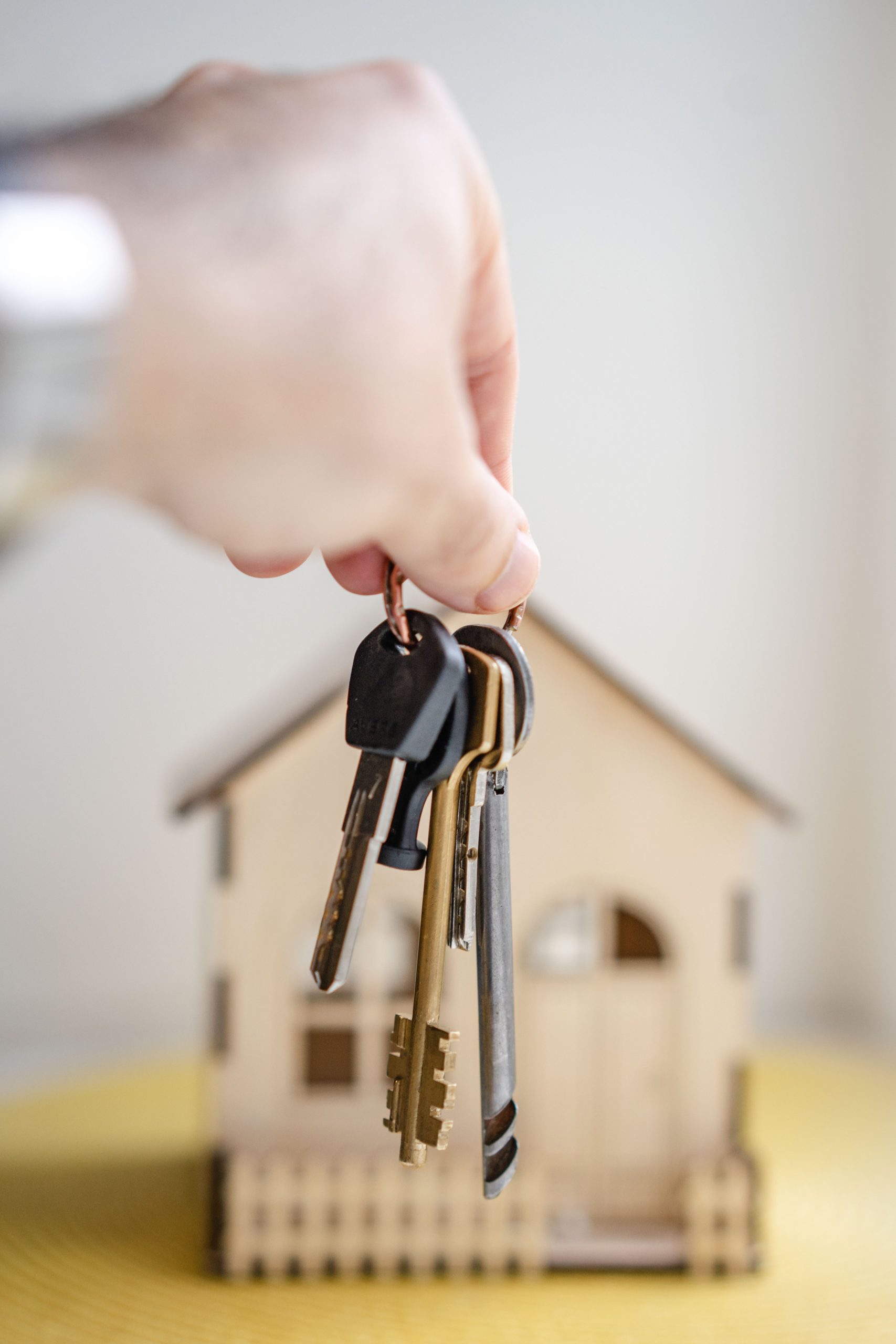
If a down payment keeps you from buying a home, you might qualify for 100% financing on a mortgage.
More than just first-time home buyers can qualify for 100% financing, which can help almost anyone buy a home despite not having the money to make a large down payment.
Can you get 100% Financing on a Mortgage?
Some home buyers can get 100% financing on a mortgage, but only if they fit into specific categories.
If you don’t qualify for the specific loans that allow 100% financing, another option is to use gift funds from a relative, employer, or down payment assistance program.
However, only do this with lender approval to ensure you can use the gift funds for your transaction.
What Is 100% Mortgage Financing?
100% mortgage financing means you are getting a home loan that doesn’t require you to put money down on the home.
When you make a down payment, you have immediate equity in the home. For example, if a home costs $200,000 and you put down $20,000, you have 10% equity in the home.
If you sold the home tomorrow, $190,000 of the sale proceeds would pay off your loan, and the remaining funds would go to you (not including any closing costs).
Which Loans Are 100 Percent Mortgage Financing Home Loans?
Two specific loan programs offer 100% mortgage financing – VA loans , USDA loans, and FHA loans.
VA loans are for veterans, current military members, and some surviving spouses of military members. To qualify, you must have eligibility from the VA. This means you served enough time in the military and had an honorable discharge.
If you are eligible, you can borrow 100% of the home’s sales price, paying only the closing costs out of pocket.
The USDA program helps low to moderate-income families in rural areas to buy a home. If you’re buying a home in an area the USDA considers rural, you can get 100% financing if your total household income is less than the area’s limits.
If you’re eligible, you can borrow 100% of the sales price, and the closing costs are kept to a minimum to keep them affordable.
FHA loans typically require a down payment of 3.5% but some lenders offer a no down paymnent option.
Getting Pre-Approved for 100% mortgage financing
If you’re ready to buy a home, get pre-approved by a lender. A pre-approval is different from a pre-qualification.
Whereas the pre-qualification was an estimate of what you can afford, the pre-approval is the ‘real deal.’ This is when a loan officer reviews your documents and determines if you qualify for a loan.
To get pre-approved, you must provide:
- Paystubs for the most recent month
- Two years of W-2s
- Two years of tax returns if you work for yourself
- Bank statements to prove you have your down payment and closing costs funds
- An ID like a drivers license, or passport.
If a loan officer approves your documentation, they’ll provide you with a pre-approval letter. This letter states how much you can borrow, at what rate and terms, and the conditions you must clear to close the loan.
The pre-approval letter is what sellers and real estate agents want before you can see the home. They don’t want to waste time on unqualified buyers. So the letter is your foot in the door and your chance to have your offer accepted when you find the right home.
The pre-approval letter also helps you shop within your budget so you don’t bid on a home you can’t afford.
Closing Costs For a No Down Payment Loan
It’s important to understand that even though you don’t need a down payment, you’ll pay closing costs on your loan.
Closing costs average 3% – 5% of the loan amount but may be lower depending on when you buy and the area you are in. This means you’ll need some cash to close a loan, but not nearly as much as you would if the loan required a down payment.
More info on closing costs:
Final Thoughts on getting a 100% financing mortgage
If you don’t have a down payment for a house saved but want to stop renting, 100% financing on a home can be the answer to your problem.
USDA and VA loans have flexible underwriting guidelines. You can buy a home with no money down if you meet the eligibility requirements and have decent credit and debt-to-income ratios.
However, if you decide to make even a small down payment, that’s a possibility too.
Are you ready to apply? Start the process by completing the form below.